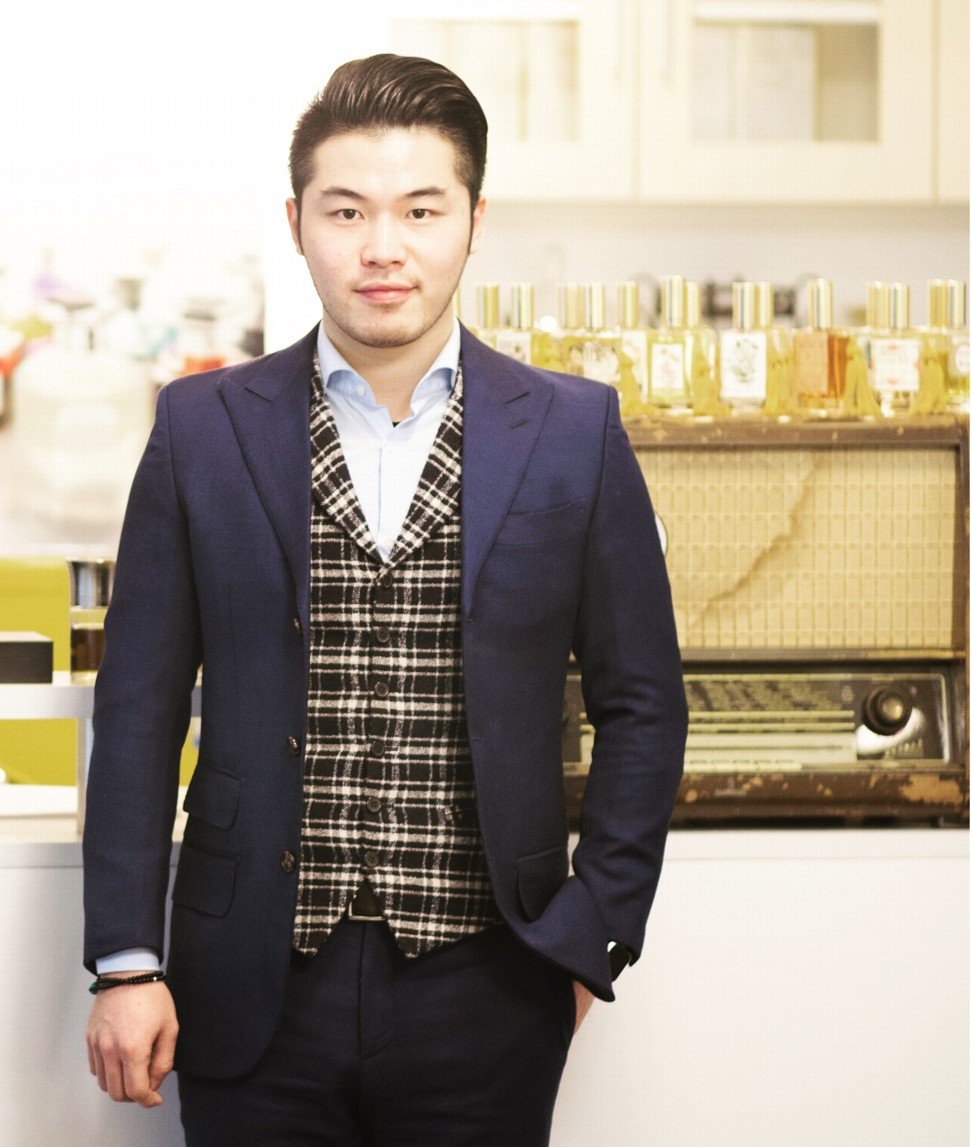
China’s fragrance market: a learning curve for businesses and consumers
A people unaccustomed to using fragrances on a daily basis need educating about the ins and outs of perfumes and men’s colognes; perfumers who are having success in China have spotted the preference for lighter scents
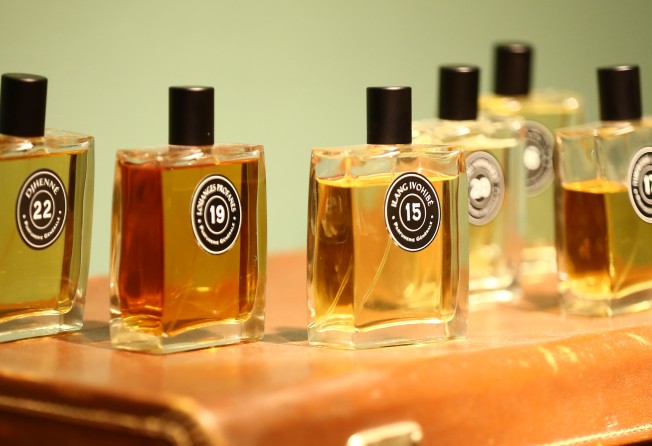
Cai Xinxin owns 100 bottles of fragrance. The Shanghai business owner’s original collection was twice as big, but he downsized before returning home from the Netherlands.
His fascination with fragrances was triggered shortly after he graduated from college, during a stint with perfumer Puredistance, where he learned the ins and outs of an industry that is only just taking off in China.
Now Cai, along with business partner and scent critic Song Yuan, is sharing his passion and expertise with would-be fragrance users in a new boutique, Minorité, in the centre of Shanghai’s M50 art district. He is one of the first independent operators in China’s burgeoning perfume market.
Minorité stocks more than 15 independent fragrance brands. Bottles are arranged atop vintage wooden shelving, with some displayed more prominently under glass-domed cake platters.

Cai aims to give customers an authentic experience by taking them back in time to the perfume boom in 20th-century Paris. He asks them to consider whether a scent from the likes of Ulrich Lang New York or French fragrance house Liquides Imaginaires matches their personality.
Cai is not alone in seeking to educate his customers about fragrances; it’s an approach that is helping the market grow. A Euromonitor report, Fragrances in China, from April last year, forecast perfume sales in China would grow by 4 per cent a year from 2017-21.
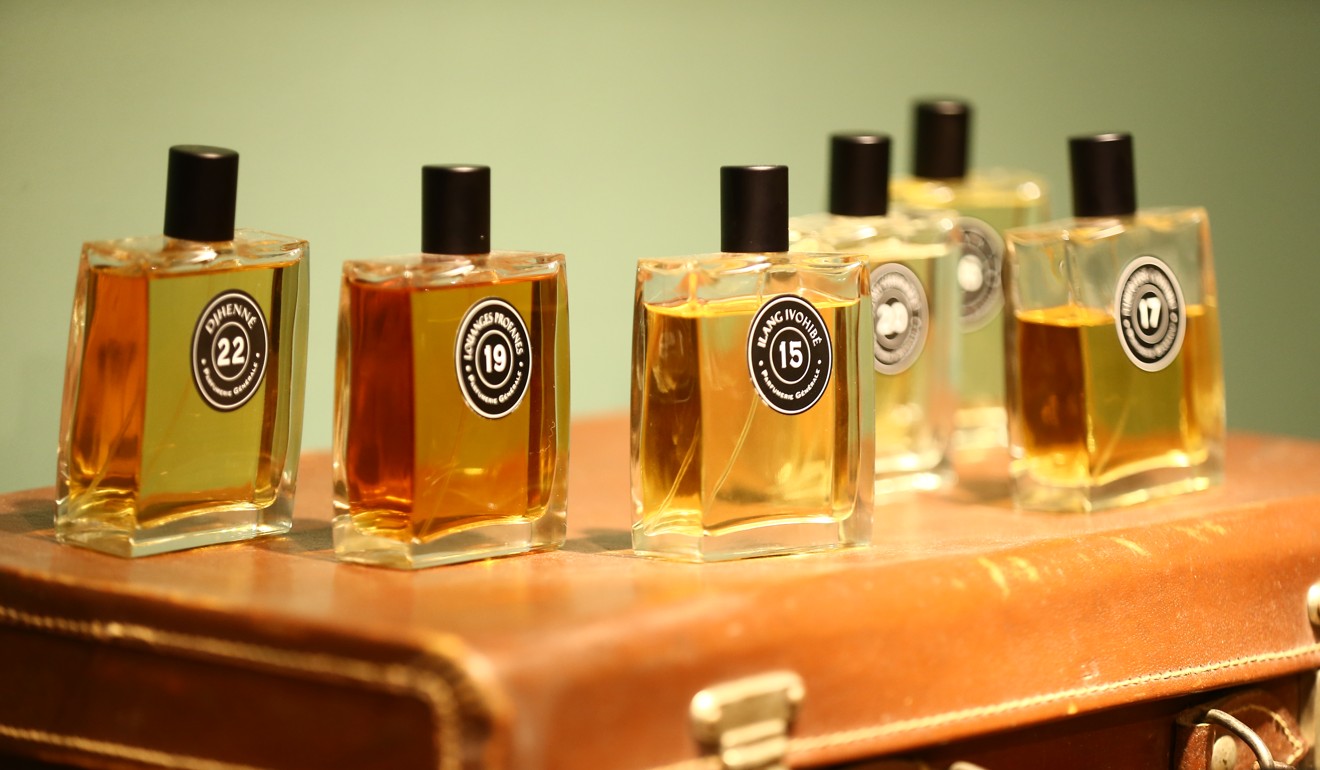
Niche brands are using innovative ways to attract Chinese consumers – French perfumer Diptyque paired ice cream flavours with fragrances at an in-store event, while British brand Jo Malone London teams up with hotels to do afternoon teas. Their approach appears to be working – according to Euromonitor, consumers increasingly favour niche brands as opposed to mass market perfumes.
The trend, Cai says, reflects a general shift in the outlook of Chinese millennial consumers. “They have a good attitude regarding their lifestyle,” he said. “They’re not just thinking about brands and price, they’re looking for products that are quality, unique, and exclusive.”
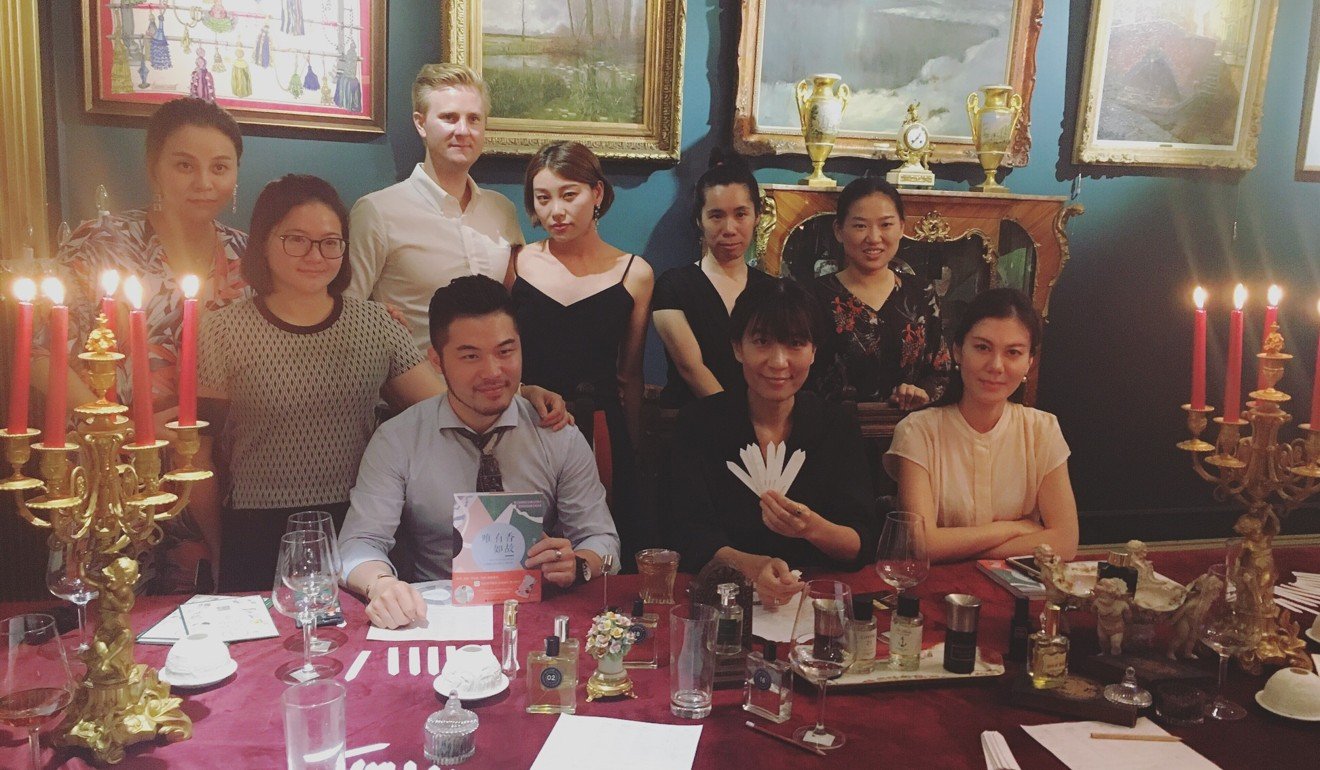
That is what Beijing-based fashion school graduate Starry Xiao had in mind when he bought a 30ml bottle of Maison Margiela’s “untitled” fragrance in London – the first bottle he finished. He was charmed by its woody smell, he says.
“I started using fragrances when I was in high school and began reading fashion magazines,” Xiao said. “At the time, I was buying very commercial brands like Calvin Klein and Chanel, and I later discovered that their scents all went in the same direction. It took me around four or five years to discover there was another level of fragrances.”
After draining his “untitled” bottle and taking a break when he couldn’t find an acceptable replacement in China, Xiao rediscovered fragrances after his friend introduced him to aromatherapy.
He now puts essential oils in his humidifier to help fall asleep. He says he is a big fan of unisex fragrances and any fragrance with good visuals and a story, and mostly buys bottles when he travels abroad.
“It’s a part of life – it’s nothing special,” he insists. “I like it because fragrances are a way for me to express myself.”
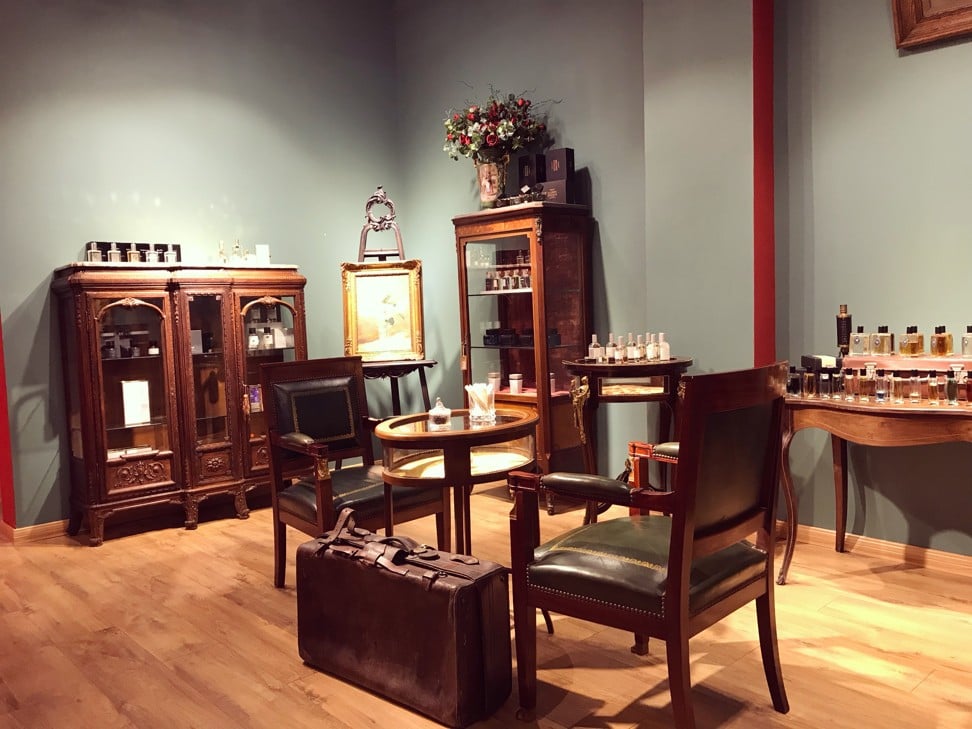
Xiao is an exception to the rule. In China, most consumers are still lukewarm about perfumes and colognes. Fragrances based on traditional Chinese medicine were widely used before the Cultural Revolution began in 1966; after that, using fragrances was viewed as indecent.
Perceptions began to change with the growth of China’s luxury industry and as more consumers travelled abroad, but even then, most members of the elite only bought perfumes or men’s cologne to give as gifts, not to wear themselves.
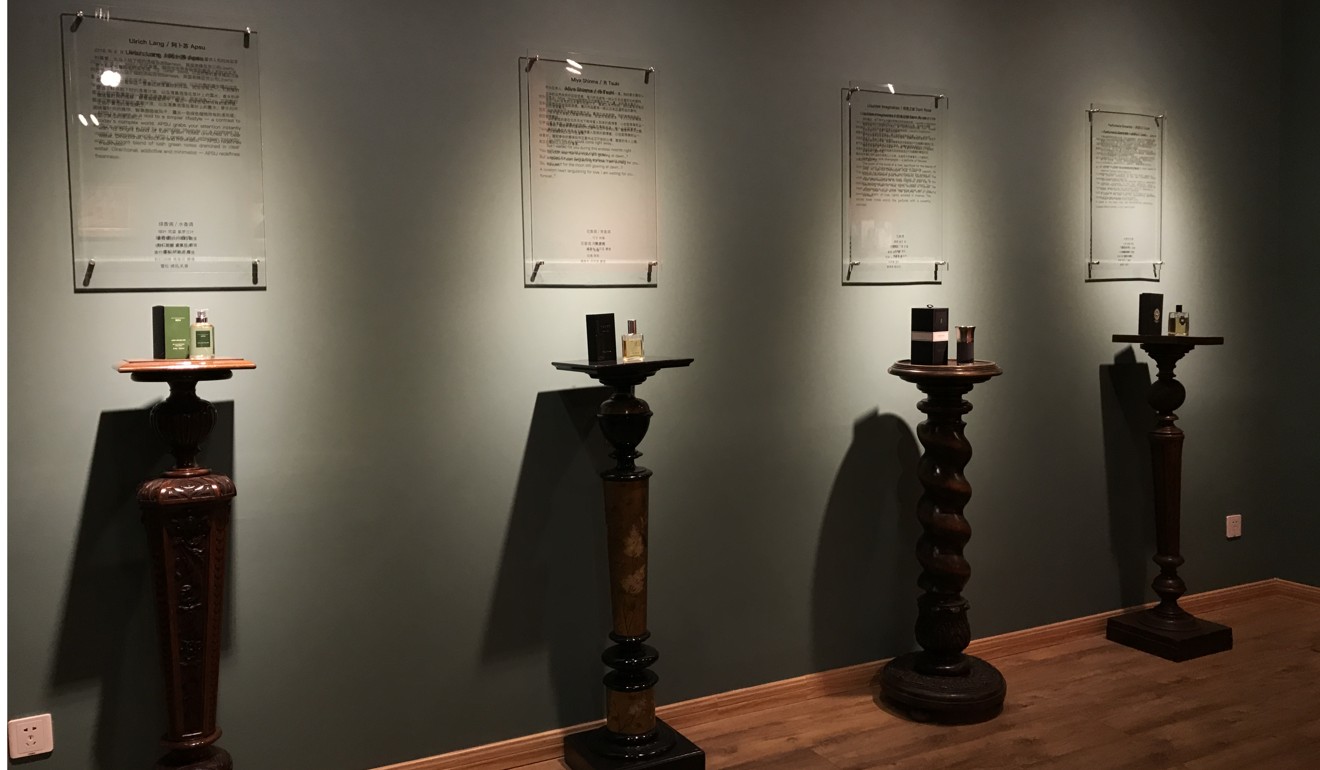
Cai says fewer than half the people in China who possess a bottle of fragrance use it every day. Most consumers are like Shanghai-based Jia, a personal shopper for wealthy clients, who says the only perfume she owns is a bottle by Elie Saab. “I bought it for myself at a store in Shanghai because it smells not too sweet, nor too strong,” she said. Would she buy it again? “Probably not. It hurts my nose a little.”
Fragrance brands that are seeing success in China have adapted to meet the needs of their customers – people who are looking for ways to express themselves but who are still getting used to using fragrances, meaning they seek scents that are not too strong. Kamila Elliot, vice-president and general manager of Jo Malone London, says the brand’s most popular scents in China are ones that are light and floral, such as Bluebell, English Pear & Freesia, and Wood Sage & Sea Salt.
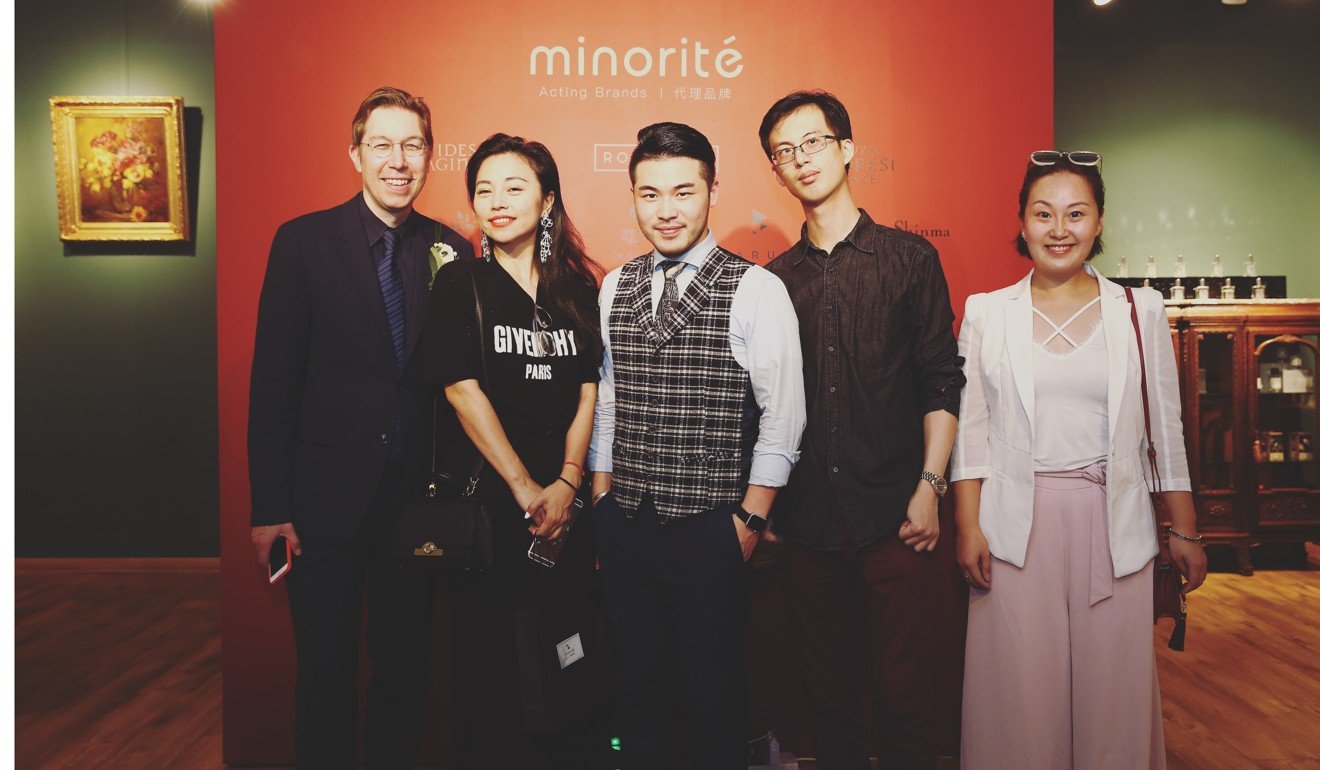
Brands reach China’s fragrance novices not just via the blotter; their marketing strategy is multi-pronged and uses fashion influencers (or KOLs – key opinion leaders) and events.
“Our fragrance sales continue to outpace the overall market growth and are showing incredible potential in China,” Elliot says. “Our strategy at Jo Malone London has always been focused on building brand awareness through positive and authentic word of mouth. We leverage traditional PR as well as new media, and prefer to build lasting relationships with our customers and influencers.”
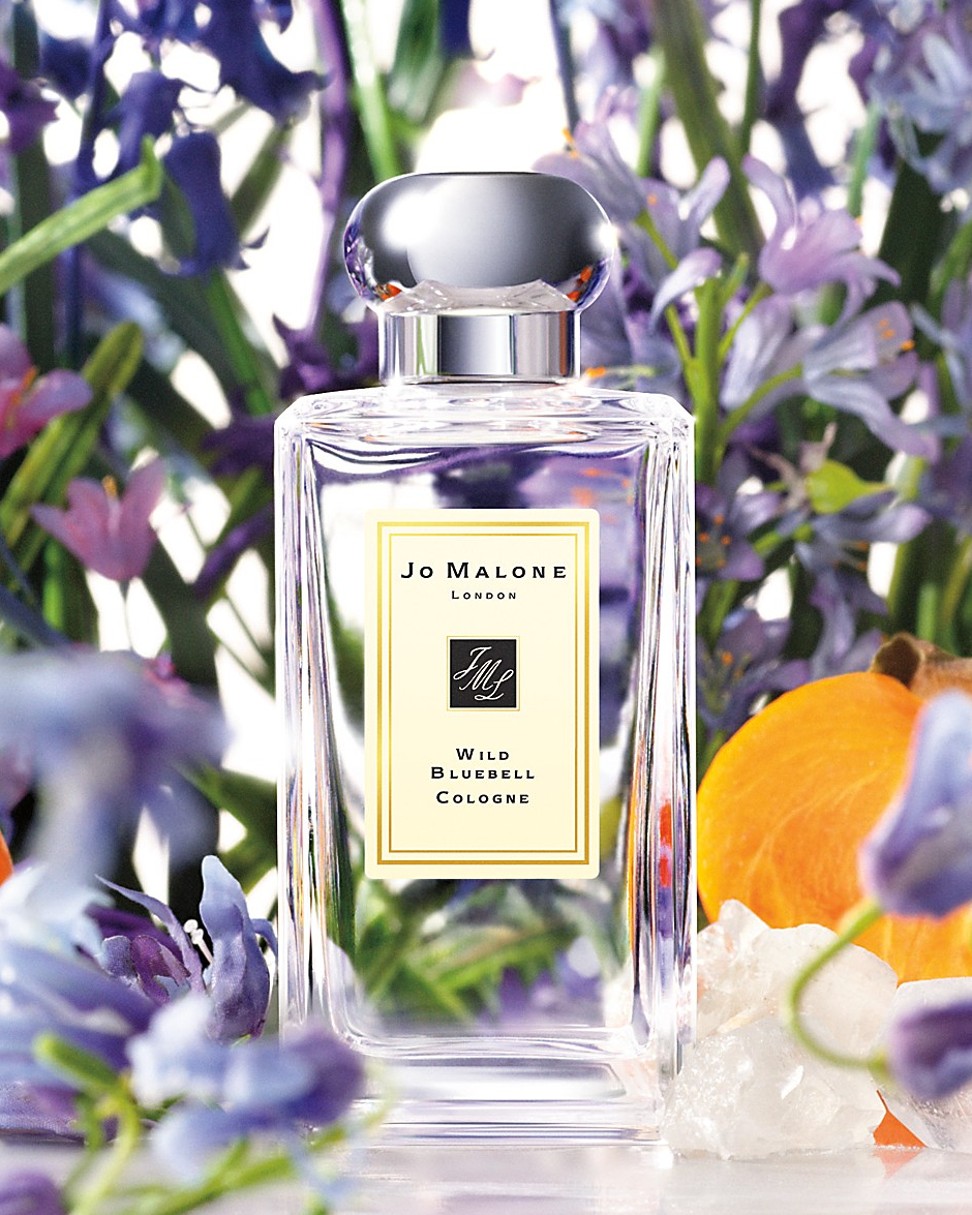
Cai has his own multi-pronged strategy, too. He splits his perfume education efforts into two businesses. One is online, and targets millennial luxury shoppers with a subscription service, similar to Birchbox in New York, that lets members order fragrance samples to try out before they commit to buying one.
“People need time to learn about fragrances and how to use them, and to accept them in their daily life,” Cai says. “I think it will take at least three to five more years to see a big shift in people adopting this lifestyle. But I’m not in a rush.”